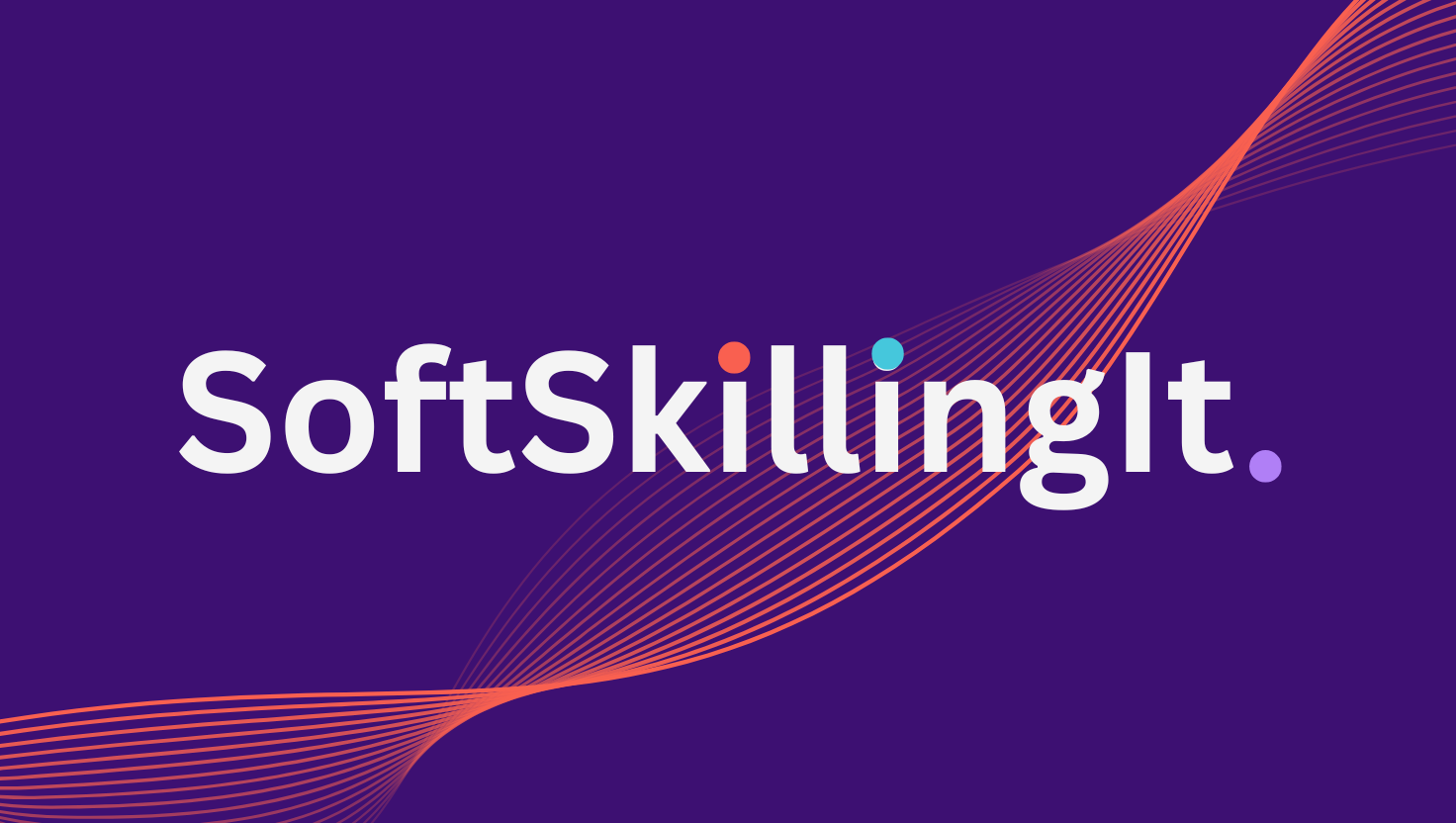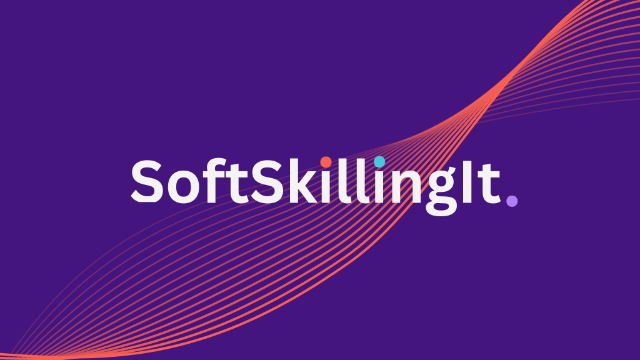How to Translate Your "Soft Skills" for a Career Switch
21 Nov, 2025
The biggest challenge for any career switcher is overcoming the feeling that your old experience is irrelevant. It’s not. The skills you used every day, managing teams, handling stress, and customer issues, are exactly what new employers need.
Switching careers isn't about learning all new technical skills; it's about mastering the art of selling your transferable soft skills. This requires a deliberate application of Emotional Intelligence (to identify your value) and Communication Skills (to package and deliver that value).
Here is a 4-step framework to translate your past experience into a compelling case for your new career:
1. Identify Your Core Value (Self-Awareness)
You can't sell a product if you don't know its features. The first step is to recognise your true strengths, which requires Self-Awareness, the foundation of Emotional Intelligence.
- Look Beyond the Title: Use self-reflection techniques, such as journaling, to recognise and understand your emotions, strengths, and drivers. For example, a "Retail Manager" is actually an expert in:
- Problem Solving: Identifying the root cause of issues, not just applying quick fixes.
- Empathy: Understanding the emotions and motivations of others.
- Conflict Resolution: Managing conflict with calmness and grace.
- Define Your Motivation: Identify the aspects of your old job that brought you personal satisfaction and a sense of purpose. This will guide you toward a more meaningful new career path.
2. Define Your New Audience
You must tailor your tone, language, and communication format to your audience. Your audience is the new hiring manager in Project Coordination or HR, and they have different concerns than your previous industry.
- Ask Probing Questions: Before writing your CV or cover letter, research the new role and ask yourself: What are this audience’s interests and concerns?
- Example: A Project Coordinator is concerned with clear processes and meeting deadlines. A Hiring Manager is concerned with team culture and retention.
- Start with Purpose: Define your goal before communicating. Your goal is to persuade the new employer that your soft skills are a low-risk investment for them. Structure your entire message around this purpose.
3. Reframe Your Message (The Translation)
Effective communication is not just about speaking; it's about ensuring your message is really understood. Now that you know your value and your audience, you must translate the language of your old job into the language of your new one.
- Use Positive Language: Frame challenges as opportunities. For example, instead of writing "Dealt with angry customers," reframe it as: "Navigated high-stakes conflicts to find mutually beneficial solutions" (This is an application of conflict resolution techniques we cover in a module).
- Be Clear and Concise: Avoid jargon from your previous industry. Convey your concepts in fewer words to show confidence and mastery.
- Use "I Statements" for Impact: When discussing challenges or achievements, frame your feedback or achievements from your perspective to immediately reduce defensiveness and focus on your actions. For example, "I identified and resolved a logistical bottleneck, improving efficiency by 15%."
4. Master the Delivery (Confidence and Credibility)
Finally, your non-verbal communication (NVC) is critical for building trust and credibility. This is how you conquer self-doubt and demonstrate you are serious about the switch.
- Align NVC with Your Words: Your body language, facial expressions, and tone of voice often convey more than your words. Consistency between your verbal and non-verbal communication is vital.
- Sit with an open posture to convey confidence.
- Use a calm and steady tone.
- Maintain good eye contact to show sincerity.
- Practice Visualisation: To manage your nerves and build conviction, use visualisation techniques. Before an interview, close your eyes and visualise a successful outcome: how you show up, the language you use, and how confidently you interact.
If you are still feeling unsure on how to bridge the gap between your old career and your new dream job, just remember your years of experience are a huge asset.
The next step isn't just a new job title, it’s mastering the soft skills needed to sell yourself.
Start your journey today with SoftSkillingIt, and master the Communication Skills module that will teach you how to articulate your value and build the credibility you need for a confident career switch.


